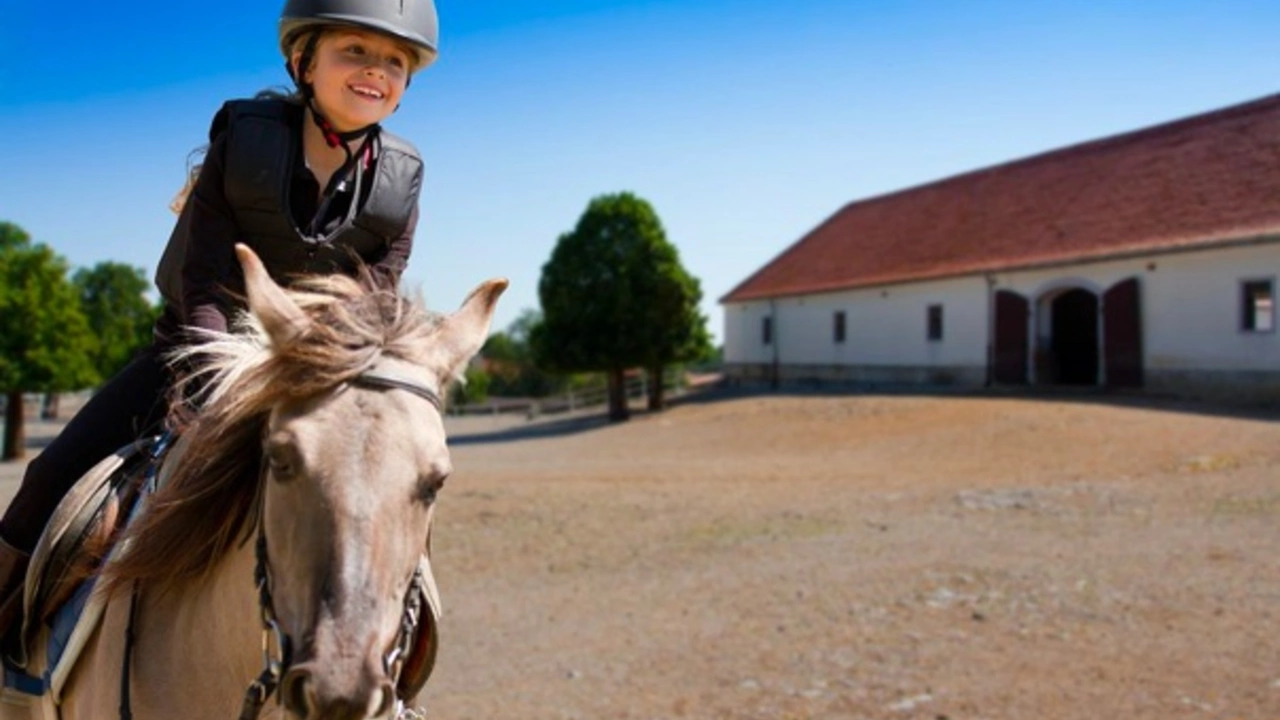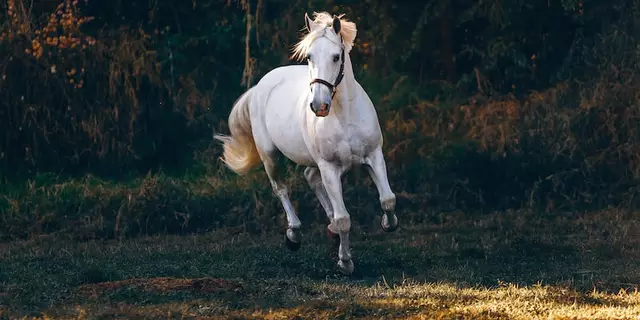Horse Care Essentials: Simple Steps to Keep Your Horse Healthy
Taking care of a horse might feel overwhelming at first, but it breaks down into a few everyday tasks. When you know what to feed, how to groom, and what to watch for in the stable, the job becomes routine. Below are the basics you can start using today, whether you’re a new owner or just need a quick refresher.
Feeding and Nutrition
The first thing every horse needs is a balanced diet. Good quality hay should make up most of the ration because it provides the fiber horses digest best. Add a small amount of grain if the horse is working hard or needs extra calories, but avoid over‑feeding – too much grain can cause colic. Fresh water must be available at all times; a dirty or low water bowl can quickly lead to dehydration.
Watch the horse’s body condition score each month. If you notice a skinny outline or a heavy belly, adjust the feed amount. Supplements like joint support or vitamins are useful, but only if a vet recommends them. Keep the feeding area clean to prevent moldy feed, which can upset the stomach.
Grooming and Health Checks
Grooming isn’t just about looking good; it helps you spot injuries early. Start with a curry comb to loosen dirt, then use a soft brush to remove loose hair. Check the hooves for stones or cracks; a quick wipe with a hoof pick can prevent bigger problems. Look over the eyes, ears, and nostrils for any discharge – early detection saves time and money.
Regular health checks include feeling the pulse, listening to the breathing, and watching the movement. A horse that is reluctant to move may have sore muscles or a hidden injury. If you notice swelling, heat, or lameness, call your vet right away. Vaccinations and deworming should follow a schedule set by your veterinarian; keeping records makes it easier to stay on track.
Stable management is the third pillar of good horse care. Clean stalls daily, replace bedding, and ensure good ventilation to reduce respiratory issues. Rotate pastures if possible; it gives grass a chance to recover and reduces the load of parasites. Fence checks every month keep the fence height and condition safe for the horse.
Finally, don’t forget the mental side of horse care. Horses are herd animals, so they need companionship, whether it’s another horse or regular human interaction. Spend time riding, walking, or simply standing nearby. A calm, confident horse performs better and stays healthier.
By keeping feeding, grooming, and stable routines solid, you give your horse the foundation it needs to thrive. Small, consistent actions add up, and before you know it, horse care feels like a natural part of your day.



